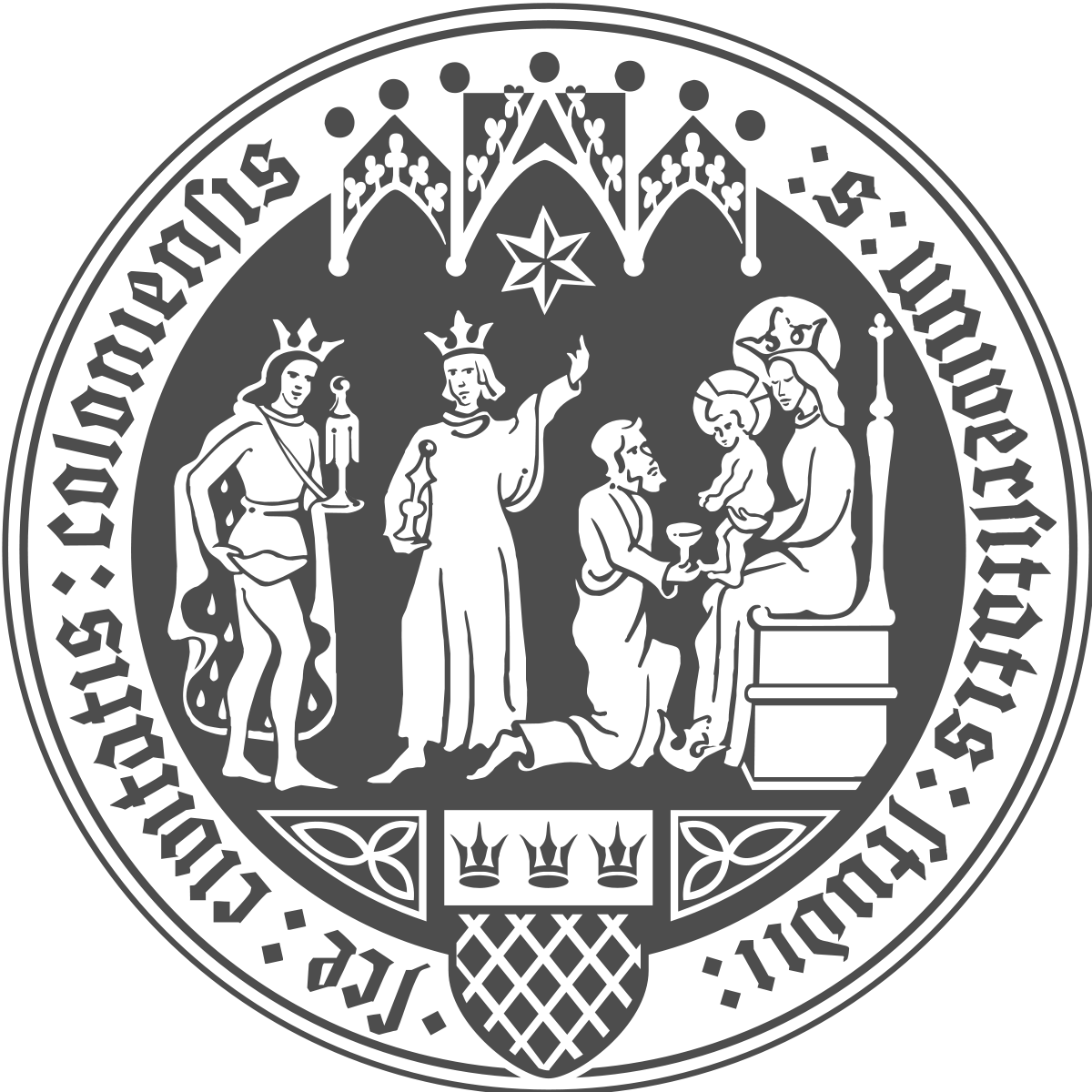📖Program Curriculum
Core courses
You will follow 6 core courses of 24 ECTS in total
Please note: the MSc Economics is a flexible program in which you are also free to specialize in another track or choose freely out of the courses belonging to the different tracks.
Applied Economic Analysis 1
For an optimal exposure to the practice of the economic analyst, you’ll get the experience course Applied Economic Analysis which culminates in thesis writing and/or project work.
Applied Economic Analysis 2
Methods: Econometrics 1
Methods: Econometrics 2
Seminar Governance of Innovation
Seminar Data Science for Economics
Elective courses
Choose 3 elective courses (21 ECTS in total)
First choose 3 electives from the following courses (18 ECTS):
Seminar Health Economics (recommended for this track)
Seminar Labor Economics (recommended for this track)
Seminar Competition Policy
Seminar Economics and Psychology of Risk and Time
Seminar Economics and Psychology of Social Norms and Strategic Behavior
Seminar Environmental and Resource Economics
Seminar Financial Economics
Seminar Financial Markets and Institutions
Seminar Growth and Regional Development
Seminar Taxation
The Economics and Finance of Pensions
Choose 1 of the following methods courses (3 ECTS):
Methods: Game Theory 1
Methods: Game Theory 2
Methods: Experiments and Surveys
Follow this optional, but highly recommended course (0 ECTS):
Career Development Economics
Master's thesis
The Master’s thesis addresses in depth a well-defined economic research question, using theory and empirics, reviewing the existing literature, and contributing to this literature.
Most students write their thesis in the Spring semester. In case you started the program end of January, which is possible but only recommended if you feel very comfortable with quantitative methods, you can write your thesis in the summer (and proceed with coursework in the next Fall semester) or write it in the Fall semester (in line with some coursework).
Examples of thesis subjects are:
⦁ Predicting public opinion emotions through Twitter
⦁ Privacy regulation in theory and practice
⦁ Could the financial crisis be predicted using text analysis?
⦁ Media Power and News Consumption in the US: 2004 and 2012
⦁ Macroeconomic conditions and the demand for information using click data
⦁ Safety and security in smart cities using artificial intelligence: a review
⦁ Algorithmic decision making in justice: predictions using texts of court rulings
⦁ CCTV cameras and crime: finding the best location
⦁ Can we predict house price dynamics through reviews on airbnb/booking/google maps?
Show less
Show more














